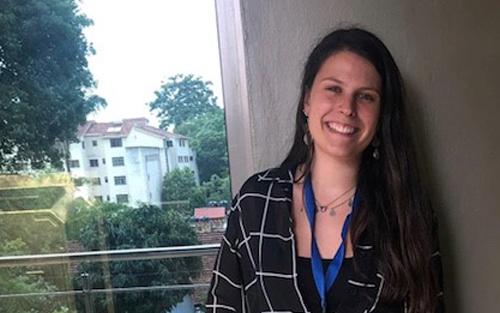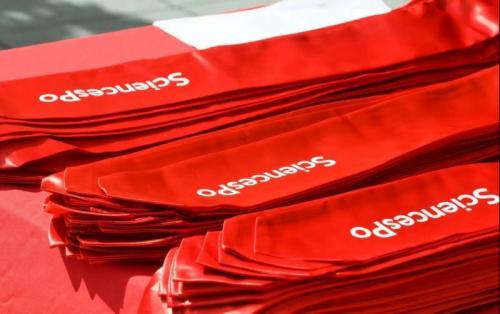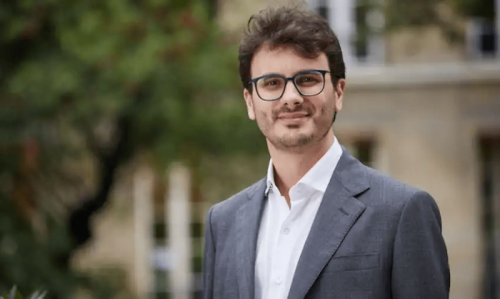Margot Dupé student in the Master in Human Rights and Humanitarian

How did you secure this role?
I found the opportunity through a Sciences Po career newsletter. I applied to the internship position by sending my resume, CV and a P11 form to the office, and passed an interview with the Senior Resettlement Officer.
What is your role and main responsibilities?
As a Resettlement intern with the UNHCR in Nairobi, I was part of the Protection Unit. Our role is to support Persons Of Concern (refugees) in urban areas. We work in close collaboration with all the units to ensure that POCs are assisted in a holistic manner. My work was close to that of a caseworker and resettlement assistant. My tasks included interviewing refugees to assess their resettlement needs, reading their cases, interviewing refugees for family reunification, and leading counselling sessions on cases status. I follow up on identified issues, answer refugees’ requests by text message, and act upon resettlement country deferrals. If needed, I referred cases to our partners (NGOs, law firms, etc.) and to other UNHCR units. I also conducted research on the immigration law, prepared release of custody documents, wrote emails to respond to refugees and asylum seekers’ inquiries through our hotline… and of course, a myriad other tasks!
What is the most fascinating or surprising aspect at your role?
Since my role was to assist refugees who came from East-Africa and to assess their resettlement needs, I had to continuously conduct a lot of research on what we call COI (Country of Origin Information). The COI describes the political, social, military and economic background of any country. It includes the situation, struggles and threats towards various social groups, tribes, or category of individuals in those countries. Understanding the background of refugees is essential to assess their claim and their current situation in the country of asylum. You learn something new every day when doing research, and because you also conduct interviews, you must stay grounded and keep awareness and sensitivity towards the POCs, for whom this COI reports are actual lived experiences.
How does your PSIA experience help you with the role?
I took a course named “International Protection of Refugees, Asylum Seekers and IDPs” with Mrs. Laly-Chevalier from the UNHCR during my second semester of Master’s Degree in my first year. It was an incredibly helpful preparation for this internship. Indeed, the course was a law class both on international system and the French system of asylum application and refugee status recognition. Having all of this in mind when starting my UNHCR internship enabled me to quickly move to the practical aspect of the work as I knew the theory.
Within PSIA, I was in charge of leading volunteers during the distribution that the Sciences Po Refugee Help association organizes at Porte de La Chapelle. This experience enabled me to build in a resilience that is necessary for this UNHCR internship. The refugees’ stories are always filled with past and current struggles and trauma. Having been in regular contact with refugees and asylum seekers before, and having heard their personal narration, I had strengthened my ability to cope with the emotional challenge that come with interviewing refugees with the UNHCR.
What advice would you give to others?
If you are the next UNHCR intern: make the most of your experience, time flies! There is always work to be done, so prepare yourself to be challenged and be ready to give yourself 200%. Your colleagues are your most valuable training tool. Everyone is willing to help and teach you, as long as you take the lead and ask. If you continue to be curious, to ask questions, to take initiative, you will be rewarded. This is an extremely enriching experience, and you will learn so much!













